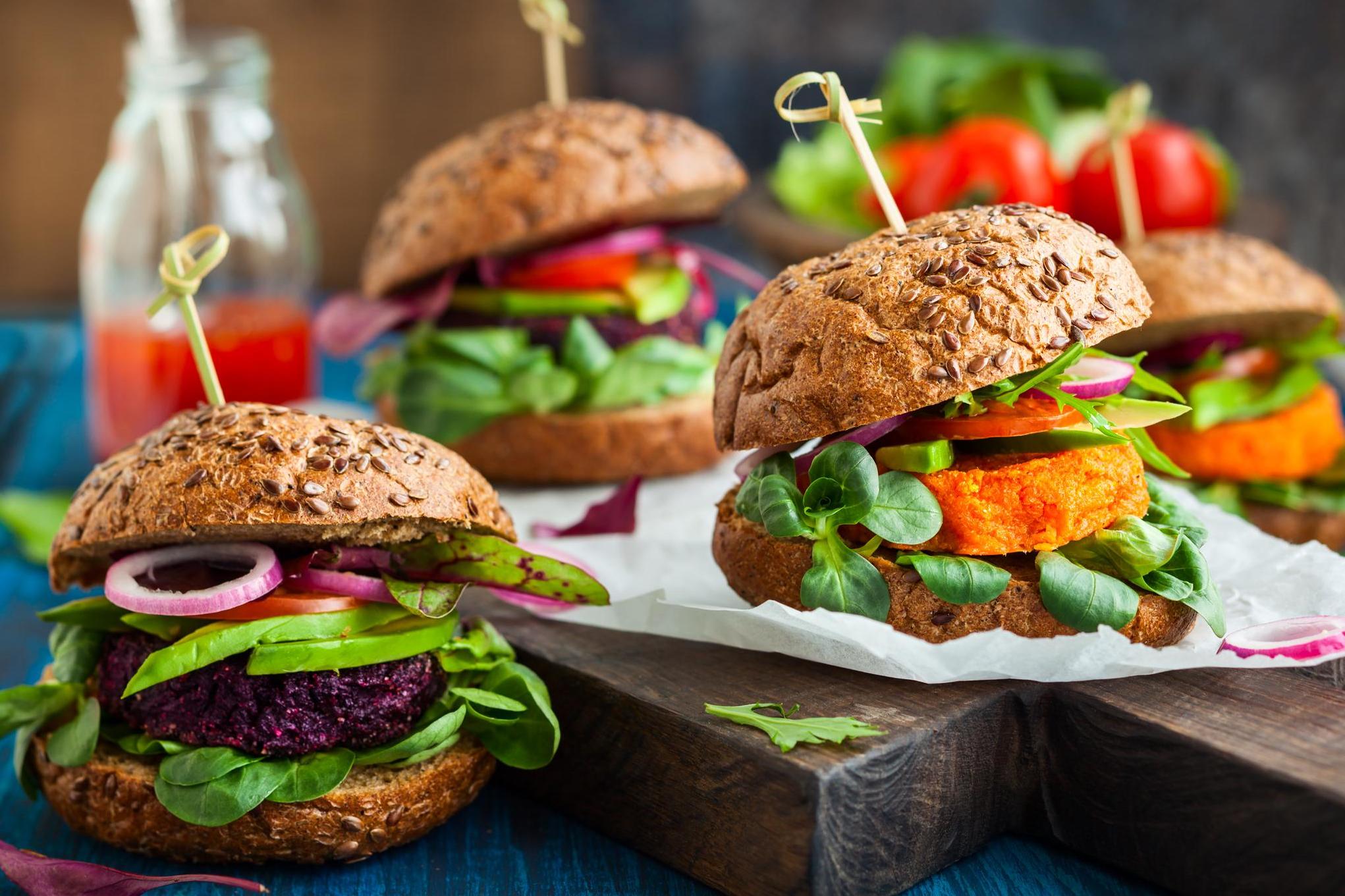What happens to your body when you go vegan
‘They typically take more care over what they’re eating’

Your support helps us to tell the story
From reproductive rights to climate change to Big Tech, The Independent is on the ground when the story is developing. Whether it's investigating the financials of Elon Musk's pro-Trump PAC or producing our latest documentary, 'The A Word', which shines a light on the American women fighting for reproductive rights, we know how important it is to parse out the facts from the messaging.
At such a critical moment in US history, we need reporters on the ground. Your donation allows us to keep sending journalists to speak to both sides of the story.
The Independent is trusted by Americans across the entire political spectrum. And unlike many other quality news outlets, we choose not to lock Americans out of our reporting and analysis with paywalls. We believe quality journalism should be available to everyone, paid for by those who can afford it.
Your support makes all the difference.There are more vegans in the UK than ever before - more than half a million, in fact.
That’s an increase of 350 per cent in the last 10 years, a 2016 study by The Vegan Society found.
The health benefits of eating a predominantly plant-based diet are well documented – not to mention the ethical and environmental pros of giving up meat for good.
There are a number of reasons why someone might want to opt for a diet sans animals today, but what does veganism actually do to your body?
To mark World Vegan Day, we spoke to dieticians and nutrition experts who explained what happens to your body when you go vegan and why.
You feel tired
Due to the absence of red meat in a plant-based diet, vegans (and vegetarians) are typically deficient in vitamin B12 and iron.
This can lead to fatigue, headaches, dizziness and if left untreated, anaemia.
However, it’s very easy to supplement both B12 and iron, either by taking supplements or by eating vegan foods that are fortified with B12, such as yeast flakes.
There are also a number of foods which are naturally rich in iron, such as ground linseeds, nuts and spinach.
“Just remember to include at least one serving of iron-rich foods with every meal,” advises dietician Bahee Van de Bor, who specialises in paediatric nutrition.
Your calcium levels drop
Omitting entire food groups from your diet will cause deficiencies across the board and when it comes to dairy, the deficiency-du-jour is calcium.
Like with iron and B12, however, this is easily remedied by proper supplementation.
“The solution lies in switching to a plant milk that is also calcium enriched,” suggests Van de Bor.
“Most soy-based drinks contain 120mg calcium per 100ml, a level that is similar to cow’s milk,” she told The Independent.
You go to the toilet more
Vegans naturally have a much higher fibre intake, explains Professor Ian Rowland, head of nutrition at the University of Reading.
Pulses, whole grains and starchy vegetables are all common staples of a vegan diet and are naturally rich in fibre.
Eating these regularly will naturally improve your digestive system.
“This is good for laxation,” Rowland told The Independent, who added that most omnivores don’t eat enough fibre, so veganism can be advantageous in this respect.
Your risk of cardiovascular disease drops
“At a biochemical level, when converting to vegan, animal model studies suggest that vegan proteins, particularly soy may reduce the risk of cardiovascular disease via improved cholesterol and blood pressure profiles,” says Van de Bor.
Rowland agrees, explaining that a number of studies have shown that vegans and vegetarians have a lower saturated fat intake than most meat eaters, which subsequently lowers their risk of heart attacks and coronary artery disease.
However, he noted that most studies regarding saturated fat levels relate to vegetarianism, few have specifically examined vegans and further research must be done to confirm these claims.
You lose weight
Studies suggest that vegans tend to have a lower BMI than non-vegans.
While this may reduce the risk of diabetes, it also explains why vegans and vegetarians tend to have a lower body weight.
“When a switch is made to vegan, individuals may feel fuller from the fibre rich fruit and vegetable-based meals,” explains Van de Bor.
This can consequently lead to a curbed appetite due to the more satiating meals, she said.
However, if you’re constantly loading up on starchy foods such as bread, chips and Oreos (yes, they are vegan), your vegan diet could obviously also cause you to gain weight.
It's important not to use veganism as an excuse to binge on unhealthy, albeit plant-based, foods, Van de Bor added.
Join our commenting forum
Join thought-provoking conversations, follow other Independent readers and see their replies
Comments